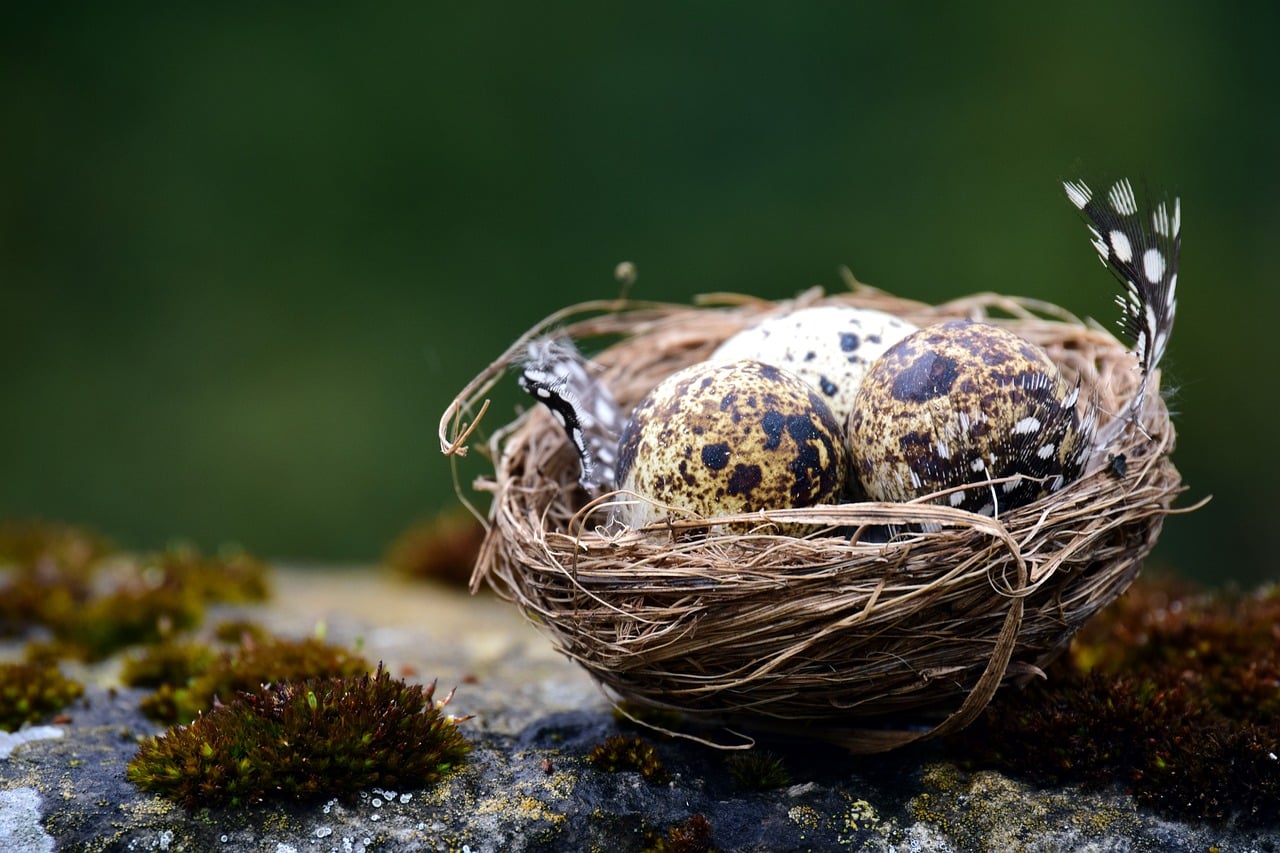A pair of researchers found something that has never been recorded in birds before. They found that bird embryos can respond to adult warnings before they hatch from their eggs. Their communication involves vibrating inside their shells to confirm that they received the warning from the adults.
Researcher duo Jose Noguera and Alberto Velando described their discovery in detail in the journal Nature Ecology and Evolution. They studied yellow-legged gulls when they found this interesting connection between unhatched baby birds and their parents.
According to previous research, many animals, including embryonic birds, amphibians, reptiles and insects, are able to react to happenings in the outside world. They process sensory information, which prepares them for life in the wild once they hatch. However, this is the first evidence of birds being able to respond to adult warnings before they hatch. Not only did they vibrate inside their eggs to the crying sounds of their parents in danger, but scientists also found that this practice affects their physical and behavioral patterns after they hatch.
The researchers studied this form of communication in their lab after collecting 90 gull eggs from nests around the shore of Salvora Island and bringing them back to the lab to conduct experiments. They separated the eggs into three egg clutches and incubated them. To test the significance of previous observations, the researchers removed two of the three eggs from the incubator four times a day and took them to an environment with recorded adult warning sounds or exposed them to silence.
Scientists found that the baby birds inside the eggs would respond by vibrating to the warning calls of adult birds. The embryos would continue vibrating even after they were returned to their incubators. They believed the third egg could feel their siblings’ vibrations, so they continued to monitor the baby birds after they hatched.
Researchers found that the eggs which responded to adult warnings before they hatched took longer to hatch. Moreover, after they hatched, they were more quiet than their untouched sibling from the incubator. Scientists also discovered another behavioral difference. The birds exposed to the warning sounds of adults would crouch lower when exposed to some threats.
“Gull embryos alter their motility when exposed to alarm calls emitted by adults, an effect that causes the egg to vibrate,” the study explains.
Scientists also found that the clutchmates of the baby birds exposed to the recordings all had their own differences. Scientists believe the third clutchmate would feel the vibrations of the nearby embryos that were still responding to the sound they heard outside the incubator and that it resulted in a behavioral pattern, as if they were present when the sounds were being recorded.





